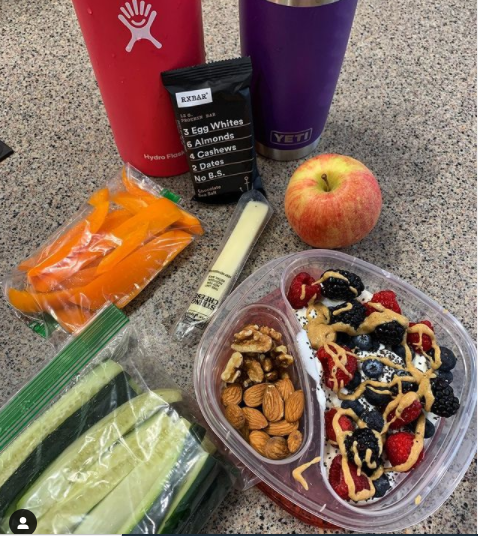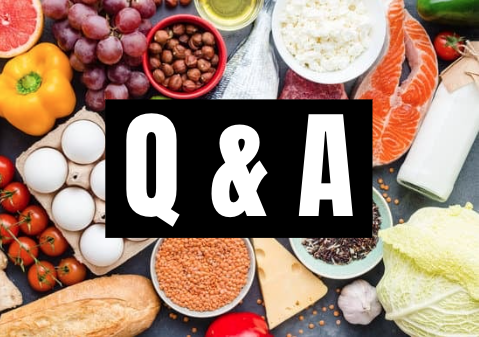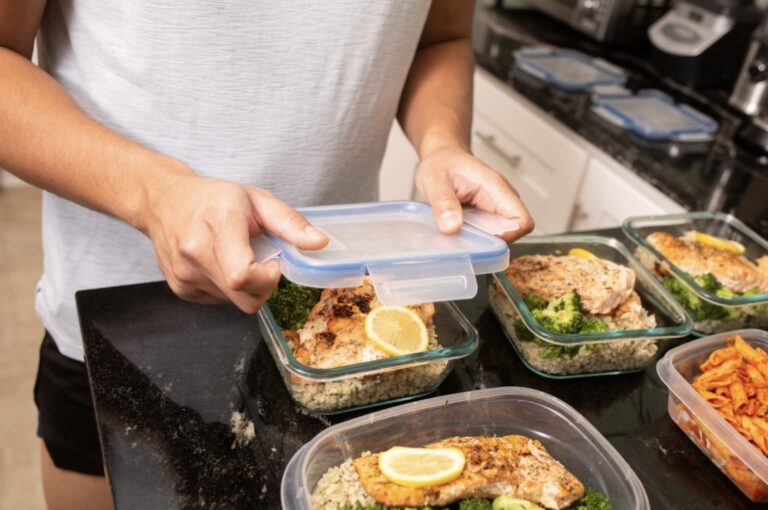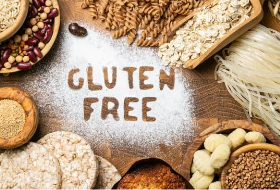
50+ No-Cook Meals and Snacks for Student-Athletes
No cooking skills? No problem! Here are some simple "no-cook" meal and snack pairings for student-athletes and active adults!








If you’re an athlete, your hormone levels are crucial to your performance and overall health! Imbalances in your hormone levels can negatively impact your recovery, short- and long-term performance, and mental health. Young athletes in a developmental growing phase should…

For athletes, proper nutrition is the cornerstone of peak performance. Whether you’re a student athlete, seasoned competitor, or a weekend warrior, meal prepping can be a game-changer when it comes to meeting your nutritional needs. Here are five key tips…


